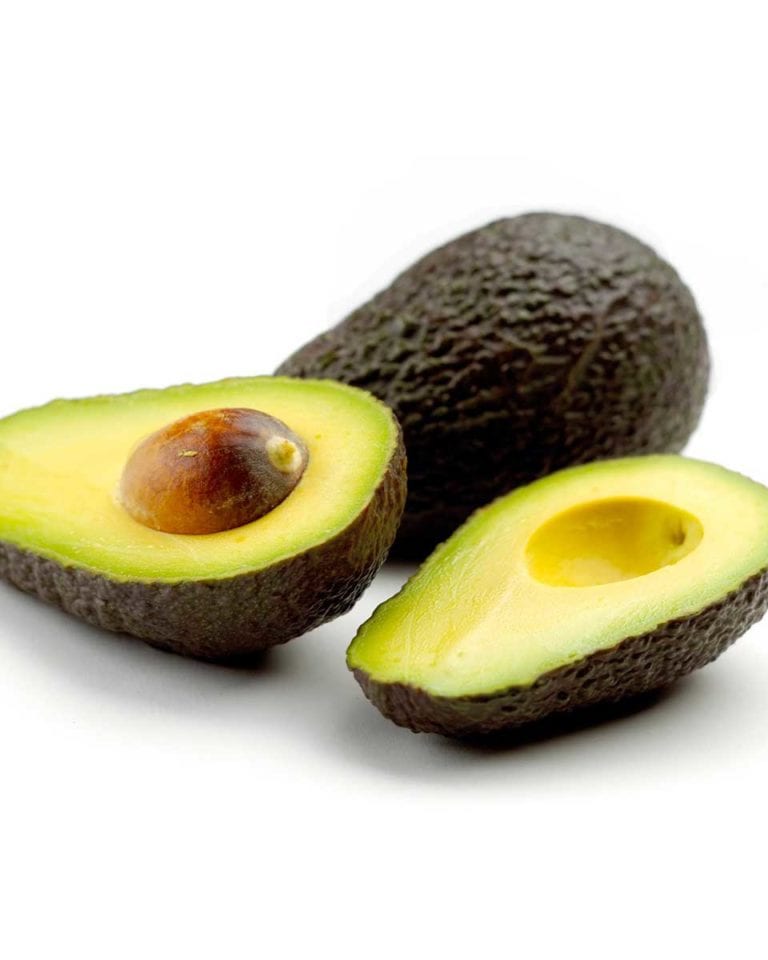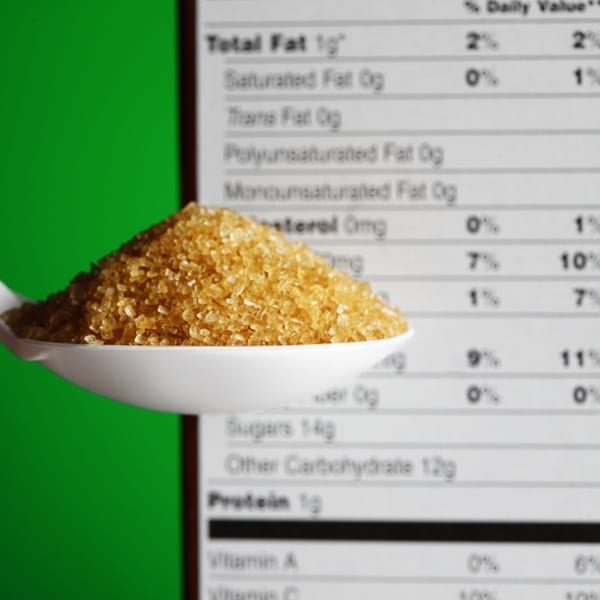Is it really healthier to go gluten-free?
Fifteen per cent of adults in the UK are now avoiding gluten or wheat, and sales of gluten-free products are soaring. Many are ditching gluten because they believe it’s a healthy option, but most are doing so without a medical diagnosis.
So what’s going on here? Is going gluten-free actually good for you – or is it a pointless fad? Sue Quinn talks to the experts.
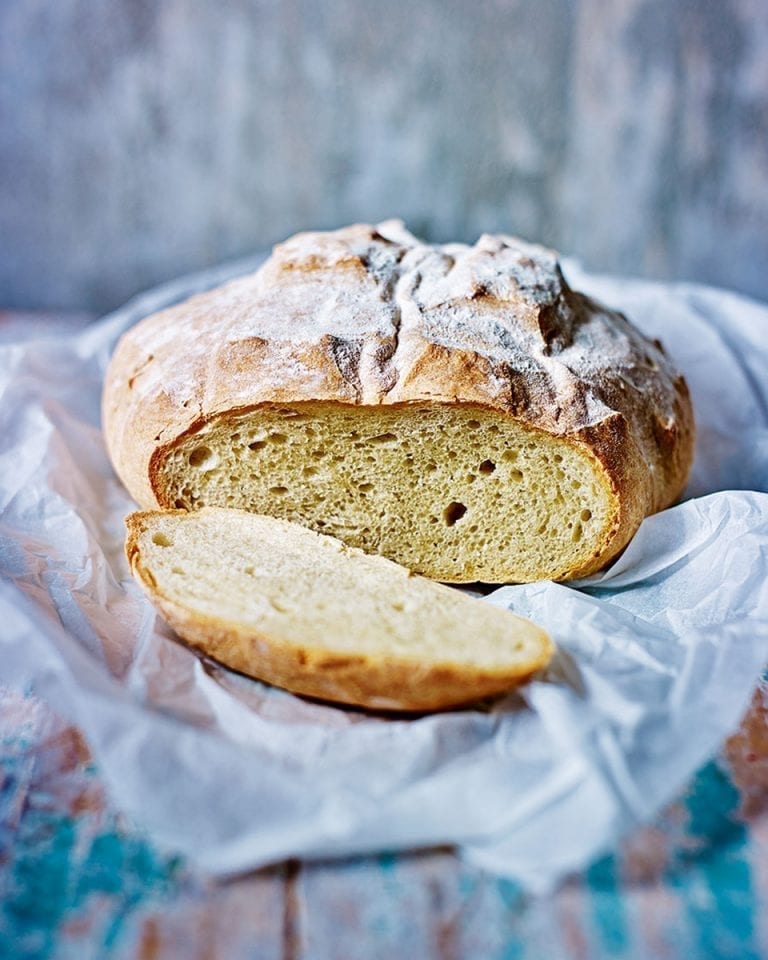
Not so long ago, gluten-free products were only available on prescription for people diagnosed with coeliac disease. Now they command their own section in the ‘free-from’ aisles of supermarkets. A tidal wave of gluten-free food, from bread and pasta to biscuits and sweets, has caught millions of consumers in its wash – and not just people with coeliac disease or gluten sensitivity. Growing numbers of shoppers are switching to gluten-free products simply because they believe they’re healthier than standard versions. But is this true?
Much of the food industry would like us to think so, and it’s easy to see why. Gluten-free versions often cost more than the regular items. According to consumer research group Mintel, UK shoppers spent £184 million on gluten or wheat-free products in 2014 – up 15 per cent on the year before, and sales are expected to increase to £275 million by 2019. Mintel says 15 per cent of households were avoiding gluten and wheat, and nearly half were doing so because they believed avoiding gluten was ‘part of a healthy lifestyle’.
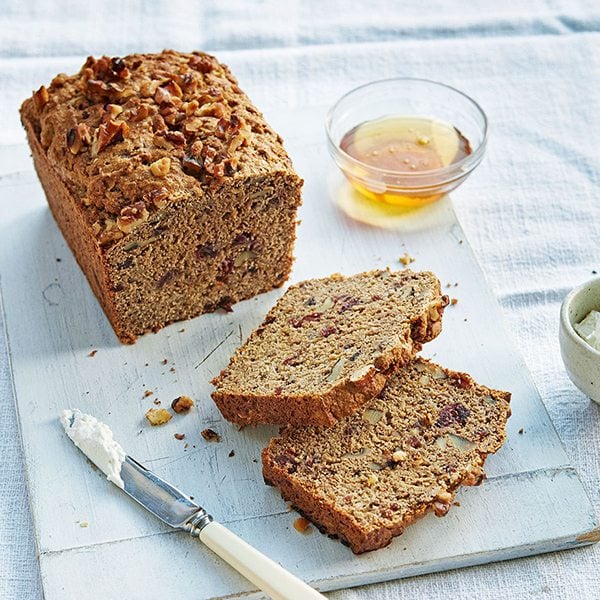
Unravelling the science
Gluten is the general name for proteins found in wheat, rye, barley and other grains. It’s what gives bread dough its elasticity and ability to rise, and allows cakes to rise and keep their shape. You expect to find gluten in bread and cakes, but wheat – as flour or starch – has become
a hidden ingredient in all kinds of products: sauces, stock cubes, processed meats and much more.
People with coeliac disease – about 1 per cent of the population (most of whom have not yet been diagnosed) – have an autoimmune condition and suffer damage to the gut lining when they eat gluten. For them, the consequences of eating the wrong thing can be severe, including osteoporosis, anaemia and even bowel cancer if the condition goes undiagnosed. Others believe eating gluten causes symptoms similar to irritable bowel syndrome (IBS).
Although there’s no definitive test for gluten sensitivity, it’s a “genuine clinical problem”, according to Marianne Williams, a specialist gastroenterology dietitian. But she says that for many people, gluten isn’t the culprit; in many cases, types of carbohydrate known by the acronym Fodmaps (fermentable olio-, di-, mono-saccharides and polyols) are now thought to be responsible.
Fodmaps are found in pulses, grains, dairy, fruit, vegetables and, confusingly, some foods that contain gluten, such as wheat-based pasta and bread. “Research is suggesting that a Fodmap problem can be mistaken for a gluten intolerance, as the gut symptoms appear identical,” Williams says. This means many people who self- diagnose a gluten-intolerance might be giving up a wide range of foods unnecessarily. Their symptoms might be cured, for example, by simply eliminating wheat rather than gluten, or a different food altogether, such as onions, honey, apples or milk. Only trained dietitians can test to identify a Fodmap sensitivity.
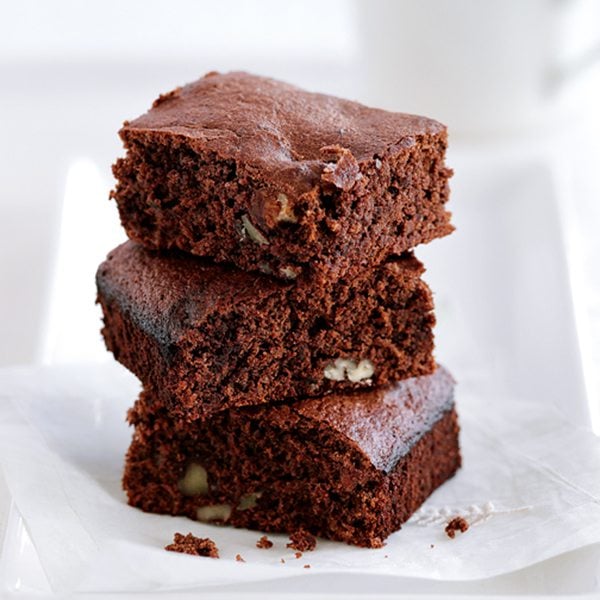
Is gluten ‘unhealthy’?
The growing number of people who believe they have a gluten sensitivity is now snowballing into a community that believes gluten-free simply means healthy. Celebrities and popular wellness bloggers have made gluten-free fashionable, with claims that the protein causes myriad ills, from gut ache to eczema.
But is gluten actually unhealthy? “For someone without coeliac disease or gluten sensitivity, cutting out gluten from the diet is an unnecessary change that has no health benefit at all except making life harder,” says Anna Daniels, dietitian and spokeswoman for the British Dietetic Association. What’s more, she says, needlessly doing so can leave your diet lacking in key nutrients: “The risk for someone unnecessarily going gluten-free is that they are cutting out these widely available healthy foods, and potentially eating less fibre, vitamins and minerals.”
No wonder shops are cashing in. The gluten-free market is now so lucrative, even foods that don’t normally contain gluten are being labelled ‘naturally gluten-free’. But with only a tiny percentage of the population actually benefiting from a gluten-free diet, why are so many people buying these products?
The growth in gluten-free food is not just due to (real or perceived) allergies or intolerances. Some dietitians believe gluten-free’s popularity is also linked to the trend for low-carbohydrate weightloss diets. Carb-heavy foods such as bread and pasta contain gluten, so giving it up can be a strategy for trying to shift pounds. But according to dietitians, eating manufactured gluten-free products can lead to weight gain, not weight loss, as they often contain extra sugar, fat and salt to compensate for the loss of flavour and texture. “Many gluten-free foods are high in fat and sugar, and the [resulting] diet can be lower in fibre, thiamin, riboflavin, niacin, folate and iron,” says Marianne Williams.
Seek medical advice
Anyone suffering gut problems such as bloating or pain should seek medical advice rather than self-diagnosing and cutting out gluten, say the experts. “A doctor or dietitian can rule out IBS or more serious bowel conditions where the dietary recommendations might be different,” says Anna Daniels. Marianne Williams agrees.
“A gluten-free diet is not necessarily a healthier diet, and shouldn’t be used as a general healthy option or as a weightloss diet,” she says. In short – don’t equate gluten-free with healthy.
Subscribe to our magazine
Food stories, skills and tested recipes, straight to your door... Enjoy 5 issues for just £5 with our special introductory offer.
Subscribe
Unleash your inner chef
Looking for inspiration? Receive the latest recipes with our newsletter

